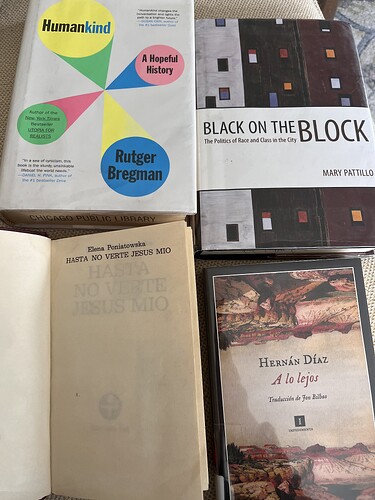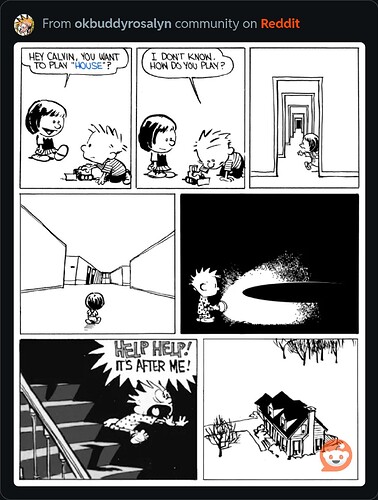I have been summoned!
I have read a lot of Brandon Sanderson and my wife is currently reading one of his books. In general, I would not recommend him to anyone older than 18, but people sure do seem to like him. I think several of his books are almost explicitly influenced by the Final Fantasy series. Both Mistborn and The Stormlight Archive being the most obvious ones.
I would really recommend Guy Gavriel Kay. Almost all his books are standalone, which is nice, but they also have interesting intersections and resonances. He writes what can be described as fantastical historical fiction. It is a secondary world with its own magics and nations and gods and whathaveyou, but he uses this other world to write what amounts to historical fiction, excepting a few books, including the one I’ll recommend!
Tigana is not my favorite book of his but I distinctly remember saying to myself about 100 pages in: This is a JRPG. It’s darker and more mature than most JRPGs but the first half of the book especially felt like one to me. I think his best book is The Lions of al-Rassan, which is about Moorish Spain and especially the intersection between Christians, Muslims, and Jews.
Like @whatsarobot said, I will always recommend Robin Hobb. I cannot say enough good things about her Realm of the Elderlings series, which is made up of five trilogies of books. They’re not especially like JRPGs, but they’re about as good as it gets not just for fantasy but for writing in general. The first trilogy is the weakest but the second novel absolutely shocked me in a way that led me to read on through the rest.
Joe Abercrombie’s books have a JRPG-ness to them. He’s a writer who keeps getting better as he writes, which is nice and weirdly rare among writers of all types, but I don’t really care much for his first trilogy.
The Wheel of Time is a series that I hate but millions upon millions of people love. It definitely has a JRPG feel to it and is borderline plagiarism of Dune. You might ask yourself why I’ve read so many books I don’t like and all I can say or myself is that I am a very foolish boy.
Tad Williams’ Memory, Sorrow, and Thorn has a nice JRPG feel to it and was a big influence and inspiration for George Martin’s A Song of Ice and Fire. It’s very Tolkieny, but in a good way rather than a purely derivative way. The writing in the trilogy massively improves from book to book but the first book has awkward sentences where the very obvious bad guy will do things like smile evilly.
One of the only fantasy trilogies of recent memory to impress me was Empire of the Wolf by Richard Swan. I’ll say it fits the bill well enough for a JRPG but it’s really more like Judge Dredd in renaissance style fantasy world.
NK Jemisin is a writer who seems very influenced by anime and JRPGs so she’s worth checking out as well. I’ve liked most of her books but I also can’t remember a single thing about any of them, which isn’t exactly a compliment, but I’ve read, I think, nine of them and have enjoyed six of them a lot while reading them. They just don’t really stick with me.

